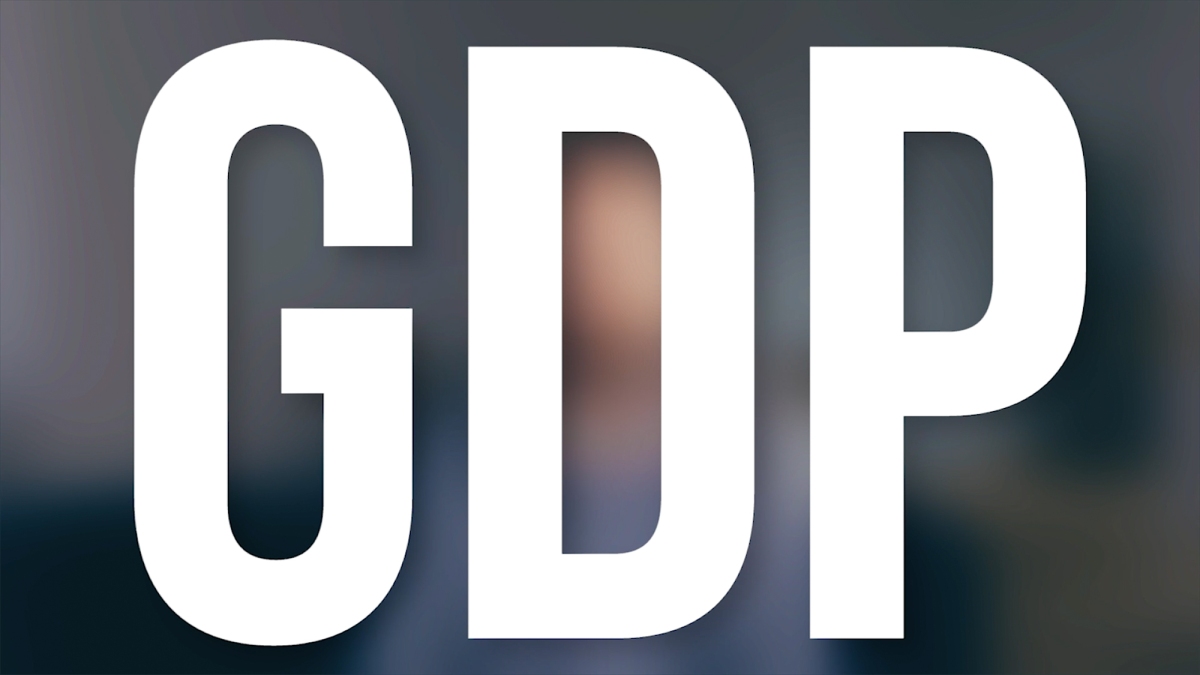A few days ago, I had the chance to catch up with Katherine – one of the two key protagonists in our film – about her thoughts regarding our current crisis, and what it means for changing our economies. This is a summary of the things she mentioned in our call.
“Corona is revealing to the wider community that it’s miserably paid armies of people in precarious work, hitherto dismissed as ‘low skill’, who really keep our societies going: the couriers, the nurses, the supermarket checkout staff, the care workers, the refuse collectors. They are now the ones who keep the shop open, who keep our streets clean, who deliver books and groceries to our door to help us get through lockdown. They are the ones who ensure our wellbeing these days.
Whereas the highly paid top managers are nowhere to be seen in such a terrain.
This should make us take a renewed interest in rather boring seeming and less glamorous aspects of our economy: schools, hospitals, the food industry (the so-called ‘foundational economy’). We should hold on to a new recognition of the importance of local supply chains.
And also ask ourselves new questions: what is the Care Economy really worth to us? How much do we value the “gift economy” — i.e. all the services that are provided in everyday life without payment (child supervision among neighbours, care for the elderly in the family, help here and there in the neighbourhood), which keep so much of our lives as individuals and as communities together.
And we should note that despite its vital role, so much of this is not calculated anywhere in the GDP of a country.
That is why now is the time to think new thoughts and imagine a better economy post-corona than the one we had going into it. This phase of crisis enables us to ask questions and give answers that were unthinkable only a short while ago. For example, the current UK Chancellor of the Exchequer seems to be thinking — or at least there were hints of this in some of his press conferences – in terms of the rich having to carry some of the burden of the mammoth income support programmes the government is having to bring in. We’ll see where that ends up, but it would have been hard to have imagined just a few weeks ago.
The risk is that this window of possibility will close again very quickly – that a “rollback” will come as people rush to return to how things were — forgetting or ignoring how grim that was for so many and for our planet.
There is a similar diversity in the corporate world — the wheat separating from the chaff: some companies are now putting profits aside and trying to live up to their responsibilities. One example that has caught my eye is the supermarket chain Morrisons which has promised all its suppliers that from now on they will pay all deliveries immediately, to help them with their cash flow. This is significant because supermarkets are notorious for slow payment. Another example is whisky distilleries reconfiguring their operations to produce hand sanitizers — and making it available at cost or for free to front line workers. But there are others going in the opposite direction: Amazon has fired people who didn’t dare to come to work because of Corona, a chain of pubs forcing its staff to work when the government was advising against it.
This is exactly why we must do everything we can to start creating a better world now. The opportunity is to build back better as my former colleagues working in humanitarian situations would say.
A lot of folks have been thinking long and hard for many years — decades even — about how our economy should be. Covid-19 may have just transformed the economic and political landscape so much that these ideas get the hearing they so urgently deserve.”





